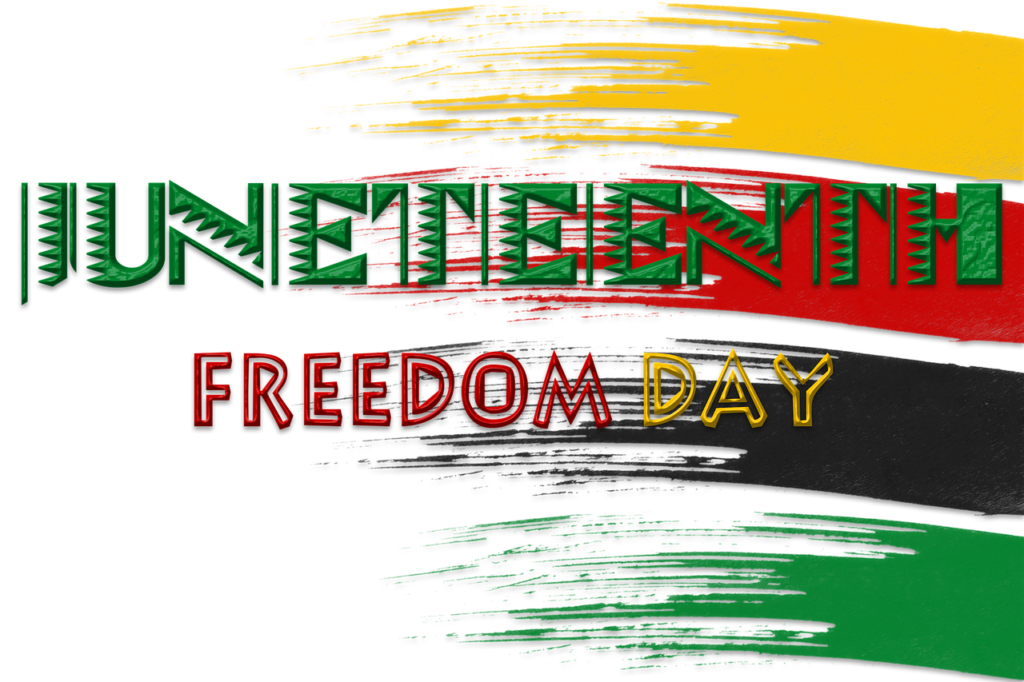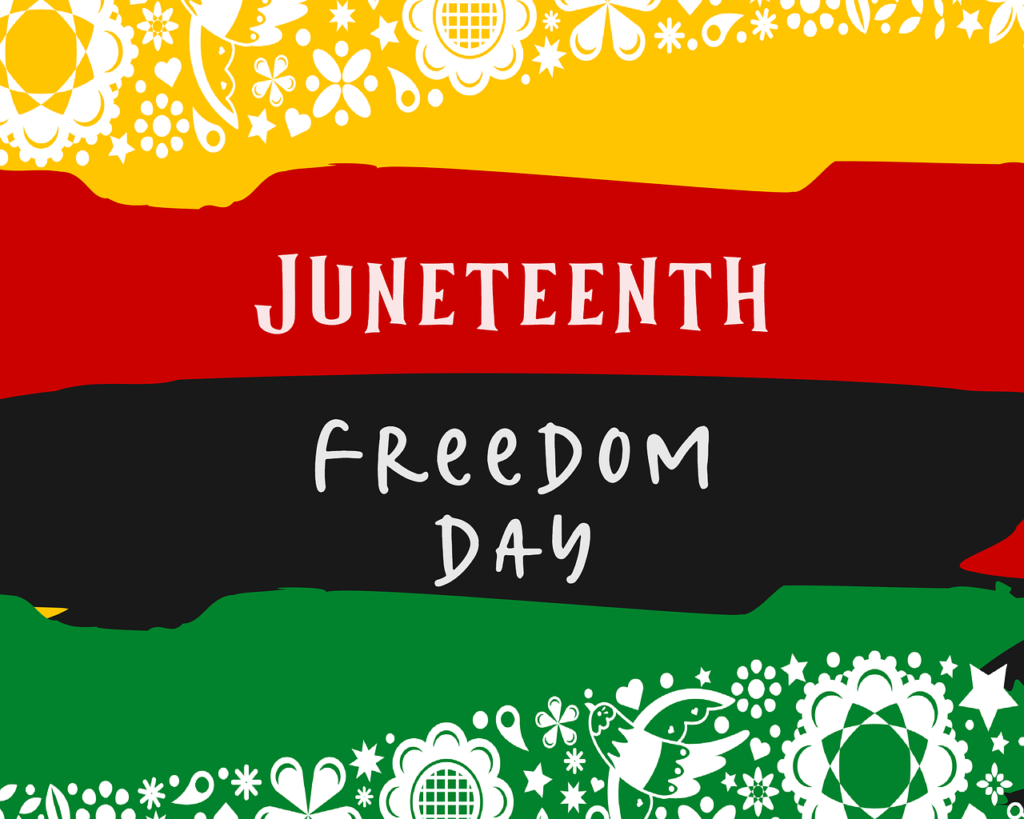What is juneteenth | Juneteenth holiday
Americans are eagerly anticipating the upcoming celebration of Juneteenth, a significant day that marks the liberation of the last enslaved individuals in the United States.
Throughout the years, Black Americans have commemorated the end of one of the darkest periods in U.S. history with genuine joy, expressed through vibrant parades, lively street festivals, soul-stirring musical performances, and delightful cookouts.
Interestingly, the U.S. government was initially slow to embrace this occasion. It was only in 2021 that President Joe Biden, in a historic move, signed a bill passed by Congress, officially designating Juneteenth, observed on June 19th, as a federal holiday.
However, as awareness about Juneteenth grows, the holiday’s traditions face new challenges. Political rhetoric has emerged, condemning efforts to educate Americans about the nation’s racial history. Some companies, unfortunately, have exploited the holiday as a mere marketing event. And there are individuals who join in the festivities without truly grasping the profound significance behind them.
Now, let’s delve into the fascinating origins of Juneteenth, explore its journey to becoming a federal holiday, and uncover more about its rich historical tapestry.
HOW DID JUNETEENTH ORIGINATE?
The genesis of these jubilant celebrations can be traced back to enslaved people in Galveston, Texas. While President Abraham Lincoln’s Emancipation Proclamation had officially granted freedom to the slaves in 1863, the news could not be enforced in many Southern regions until the conclusion of the Civil War in 1865. Even then, there were white individuals who, having benefited from the unpaid labor of enslaved people, were hesitant to share the momentous news.
Laura Smalley, who had been freed from a plantation near Bellville, Texas, shared a poignant recollection in a 1941 interview. She remembered how her former slaveholder, whom she affectionately referred to as “old master,” returned from fighting in the Civil War but chose to keep the truth of their freedom hidden.
“Old master didn’t tell, you know, they were free,” Smalley revealed. “I think they say now that he made them work for another six months. Six long months. And it was only on the 19th of June that he finally set them free. That’s why we celebrate that day.”
It wasn’t until June 19, 1865, when Union Maj. Gen. Gordon Granger and his troops arrived in Galveston, that news of the war’s end and the liberation of slaves reached the city. This significant announcement came more than two months after Confederate Gen. Robert E. Lee had surrendered to Union Gen. Ulysses S. Grant in Virginia.
Granger delivered General Order No. 3, which resonated with power and hope: “The people of Texas are informed that, in accordance with a proclamation from the Executive of the United States, all slaves are free. This involves an absolute equality of personal rights and rights of property between former masters and slaves, and the connection heretofore existing between them becomes that between employer and hired labor.”
Thus, the newly emancipated people in Galveston joyfully commenced the tradition of celebrating Juneteenth the following year, an observance that has endured and radiated its influence across the globe. Today, Juneteenth is honored through a myriad of events, including soulful concerts, spirited parades, and heartfelt readings of the Emancipation Proclamation.

WHAT DOES ‘JUNETEENTH’ SIGNIFY?
Juneteenth beautifully blends the words “June” and “nineteenth.” Over time, this extraordinary holiday has been referred to by various names, such as Juneteenth Independence Day, Freedom Day, second Independence Day, and Emancipation Day.
Initially characterized by church picnics and inspiring speeches, Juneteenth gained momentum as Black Texans migrated to different parts of the country.
At present, a majority of U.S. states commemorate Juneteenth as a holiday or an officially recognized day, akin to the observance of Flag Day. Notably, Texas, New York, Virginia, and Washington grant state employees a paid holiday on Juneteenth, and numerous companies also offer their employees a well-deserved day off.
Opal Lee, a remarkable former teacher and activist, played a pivotal role in mobilizing support for the campaign to establish Juneteenth as a federal holiday. This indomitable 96-year-old cherishes vivid memories of celebrating Juneteenth in her East Texas community during her childhood, where the air was filled with the infectious rhythm of music, the tantalizing aroma of food, and the sheer delight of games. In 2016, affectionately dubbed the “little old lady in tennis shoes,” Opal Lee embarked on a symbolic journey, walking through her beloved hometown of Fort Worth, Texas, and later through various cities, until she ultimately reached the nation’s capital, Washington, D.C. Her unwavering determination garnered support from both prominent figures and ordinary citizens alike.
Finally, Opal Lee stood proudly beside President Biden as he signed the historic legislation, enshrining Juneteenth as an official federal holiday.

HOW HAVE JUNETEENTH CELEBRATIONS EVOLVED OVER THE YEARS?
The nationwide reckoning on matters of race, ignited by the tragic murder of George Floyd by the police in 2020, provided a powerful impetus for Juneteenth to be recognized as the first new federal holiday since the establishment of Martin Luther King Jr. Day in 1983.
Sponsored by Senator Edward Markey, a Democrat from Massachusetts, the bill garnered support from an impressive 60 co-sponsors. This display of bipartisan unity demonstrated lawmakers’ resolve to bridge existing divisions that still persist today.
Today, a growing movement seeks to leverage the significance of Juneteenth as an opportunity for activism and education. Community service projects aim to address racial disparities, while educational panels delve into crucial topics such as healthcare inequities and the urgent need for accessible parks and green spaces.
However, like many holidays, Juneteenth has not been immune to commercialization. Retailers, museums, and other establishments have capitalized on the holiday by offering Juneteenth-themed merchandise, including T-shirts, party supplies, and even specialty ice cream. Regrettably, some of these marketing attempts have sparked backlash on social media, with critics condemning their perceived insensitivity.
Nevertheless, supporters of Juneteenth strive diligently to ensure that the holiday remains grounded in its historical significance. They ardently emphasize that Juneteenth symbolizes the realization that true freedom was not fully achieved with the country’s independence from British rule in 1776. Rather, it was on June 19, 1865, when both the people and the entire nation experienced genuine freedom.
Furthermore, there is a prevailing sentiment to use this day of remembrance to honor the sacrifices made for freedom in the United States, particularly in our present-day context of heightened racial and political tensions.
As Para LaNell Agboga, the museum site coordinator at the George Washington Carver Museum, Cultural and Genealogy Center in Austin, Texas profoundly states, “Our freedoms are incredibly fragile, and it only takes a small shift for progress to regress.”
Read it – The Coolest Continent: 20 Fun Facts About Antarctica for Kids
